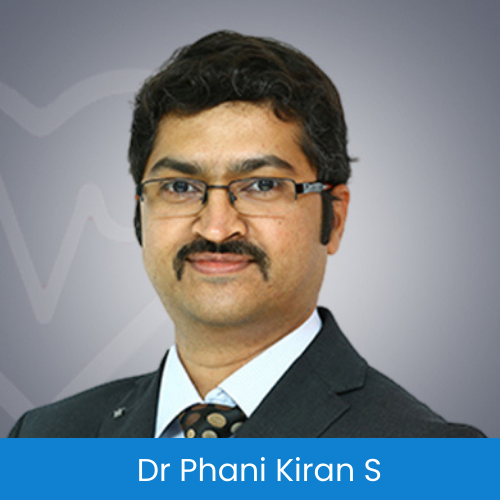The SPINE lends structural stability and balance to our body helping us stand upright, while allowing flexibility in various movements. Moreover, it forms a protective canal in which the SPINAL CORD, the most important part of the neural network, flows down from the brain to the rest of our body. The spinal column is an interconnected structure of bony (vertebrae) and cartilage tissues (intervertebral discs) and it is prone to age related wear and tear. Read through to learn more about a HERNIATED DISC, its manifestations and treatment options, with special reference to a minimally invasive surgical technique called Endoscopic discectomy.
What is a herniated disc?
First, let’s understand an intervertebral disc. It is essentially a disc shaped, rubber like tough and flexible structure made of outer layers of fibrous cartilage with a softer gel like tissue in the centre. A disc lies between two adjoining vertebral bones of the spine and acts as a shock absorber. This disc undergoes wear and tear changes (degeneration) after a certain age. When the degenerated disc is subjected to any external strain or injury, the substance from the central part of the disc comes out through the tears in the outer fibrous layers. This condition is called a herniated disc. It is also referred to as prolapsed or slipped disc. A disc prolapse can occur in any part of the vertebral column; but, mostly observed in the lumbar (lower back) or in cervical (neck) region.
What happens when an intervertebral disc herniates ?
When the inner disc material protrudes through the disc surface, it may pinch or irritate the nerve roots it comes in contact with. It also elicits a severe inflammatory chemical response in that area. If this happens in the lumbar spine, it induces symptoms such as:
If you feel recurring radiating pain in any of the body parts, it would be a good call to see a Spine specialist.
What causes disc herniation?
Disc herniation happens as a result of degeneration that is mostly related to the genetic composition of the person. Smoking is another well established factor that causes disc degeneration. Other factors also play a role in the process of wear and tear of the discs. Though the exact reason is hard to pick, disc herniation may be precipitated by strain on the spine during physical work, certain kind of frequent body movements or spinal injury due to any accident. Sometimes adopting improper body posture for physically demanding jobs of time may result in this condition.
What are the treatment options for herniated disc condition?
Most cases of disc herniation can be treated medically with rest, pain relievers, anti-inflammatory medication and physiotherapy. But, if the symptoms persist or the pain is severe or if it is affecting the nerve function causing numbness and weakness, it needs surgical intervention.
Minimally Invasive (Endoscopic) Spine Surgery
Spine surgery is generally adopted as the last resort to treat painful disc prolapse that do not respond to medication for a longer period (usually 3 months). Rarely, a severe nerve compression causing weakness of muscles or severe sciatica may need surgical treatment straight away. Conventional open surgery involves cutting the muscles and removing some portion of bone in the spine, which has its own complications and disadvantages. But, the advent of high definition image guided systems and surgical tools, now-a-days spine surgery for herniated discs can be done with minimal invasion.
Endoscopic Discectomy for herniated disc is a minimally invasive spine surgery carried out through a small on the back. It involves removal of herniated disc material that protrudes and compresses the adjacent nerve roots, through specially designed spine endoscopes that help in clear visualization of the structures. Instead of cutting the muscles in an open surgery, endoscopic surgery involves dilation of the muscles causing much less damage and procedure related pain. It can also be performed under local anesthesia as a day care procedure in suitable patients.

With years of experience in spine surgery, Dr Phani Kiran S, Senior Consultant Spine Surgeon will assess you and suggest the treatment option that is right for you.
We at Medspine clinics, understand the importance of educating all our patients about the spinal problems and the most effective ways to take care of their spine.
The Ortho Clinic: Monday, Wednesday, Friday, Saturday.
Ojas Health: Tuesday, Thursday
© Copyright 2024 MedSpine. All Rights Reserved. Build with 🤍 by Digital GYB
WhatsApp us